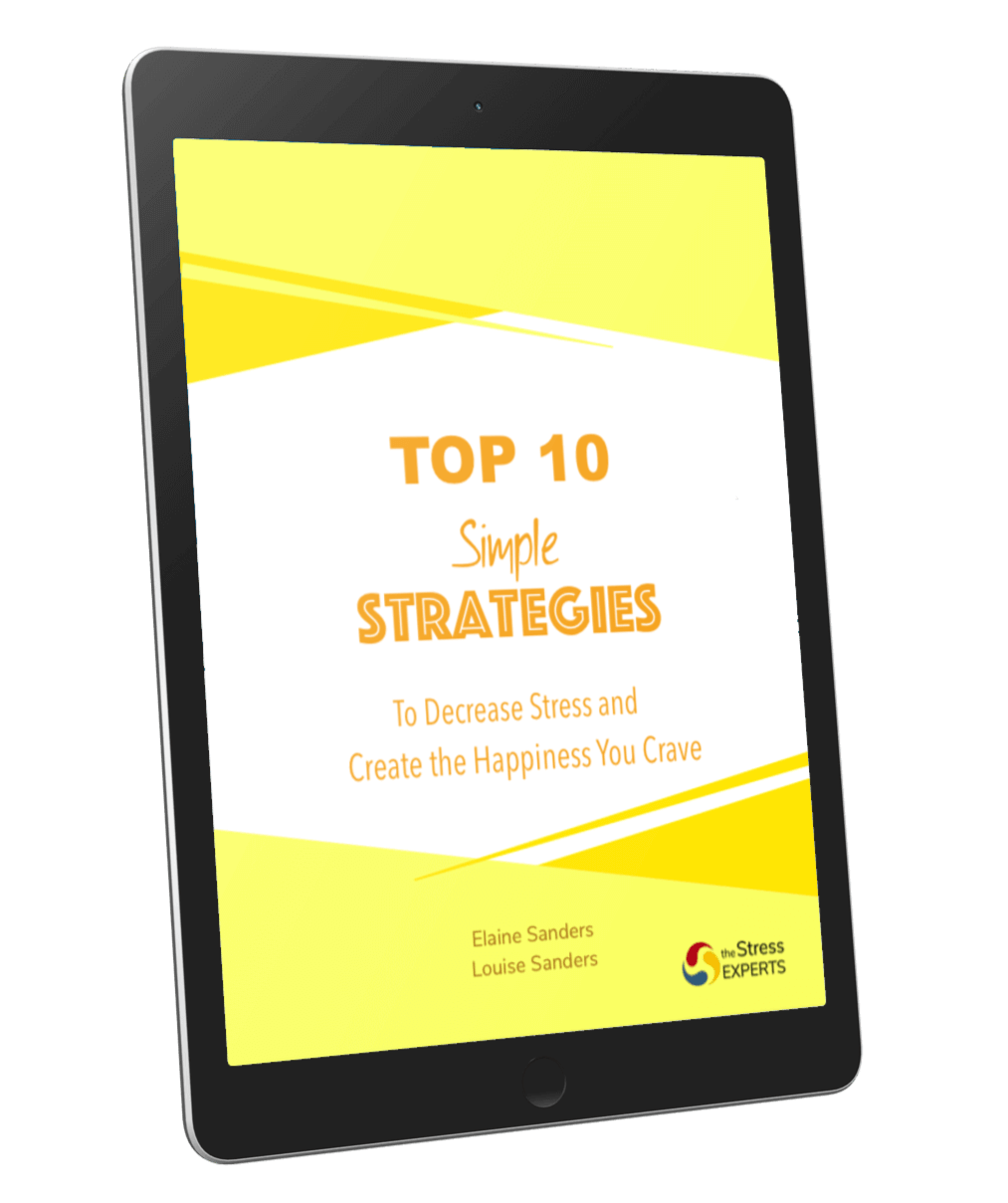
I recently watched a movie called “Love Happens” (2009) in which a widower, Dr. Burke Ryan, becomes a best-selling author because of his self-help book on coping with loss. He is leading a weeklong conference helping others cope with their losses.
But…Spoiler Alert!!… he hadn’t actually worked through his own grief and loss.
Even though he gave some valid points in his book and at his conference - change your perspective, don’t drink alcohol - he was only addressing the mental and behavioural levels of his audience (and himself) and not the emotional level - the level at which “grief” and “loss” live.
Not addressing the emotional level is why he was still stuck in his own grief and loss…and was drinking alcohol in private.
Emotional pain is often harder to tolerate than physical pain. When you suffer a great loss - death of a loved one, death of a dear pet, job loss, a good friend moving away - the emotional pain might feel like it will kill you.
And because this pain is so intense, we tune it out, cut ourselves off from it as a form of protection, protecting ourselves from that which feels like it might kill us.
And it works!… in the short term.
In the longterm, if you keep ignoring the pain that’s at the emotional level (pushing it down/pretending it doesn’t exist/covering it up/cutting yourself off from it), that pain festers, impacting your mental and behavioural levels more and more.
You can try to modify your mental level (ie. change your perspective and find the silver lining) and your behavioural level (ie. stop drinking/smoking/overeating) but chances are you won’t be very successful because those levels are driven by your emotional level. Emotions are the directors of the mind and behaviours, sort to speak.
You have a hard time shifting to a positive outlook because of your deeper emotional pain. You have failed attempts at stopping your unwanted behaviour because of your deeper emotional pain. When you acknowledge and process your emotional pain, the positive outlook arises more easily and naturally and your unwanted behaviour falls away.
Now, in the movie, I think it might be possible that Dr. Burke had processed and worked through some of his grief and loss, but we learn that he had another painful emotion that he had not addressed that was keeping him stuck in the past and suffering. This emotion quite often comes along with grief and loss - guilt. He was harbouring guilt regarding his role in the death of his wife - he was driving the car when they got into the accident.
The guilt was too painful and heavy for him to truly face, acknowledge, feel, and forgive himself so, as is our human nature, he avoided the feelings and focused his efforts on changing perspective and modifying behaviours, assuming that that would bring healing and peace.
And until the feeling of guilt is addressed and processed, it keeps the pain of the loss alive.
For some people it feels true that that pain, that suffering, is a way of feeling connected to their deceased loved one.
Can you relate?
Do you struggle with grief and loss?
Are there any feelings of guilt or shame?
Is it possible that there could be a way to feel connected to your loved one AND free yourself from the guilt, pain, and suffering?
Deep healing and real freedom happens when you move beyond mindset and behaviour and compassionately address the emotional roots. That’s what Emotional Freedom Techniques (EFT)/Tapping does for you - a process to gently release emotional baggage so you can feel and live better.
Here’s to conquering stress.
With heart,
Louise
The Stress Experts
--
Did this blog help you?
Consider sharing it with someone who needs to hear it!
Have a question?
Let me know. I love answering questions! Contact me!
















0 Comments